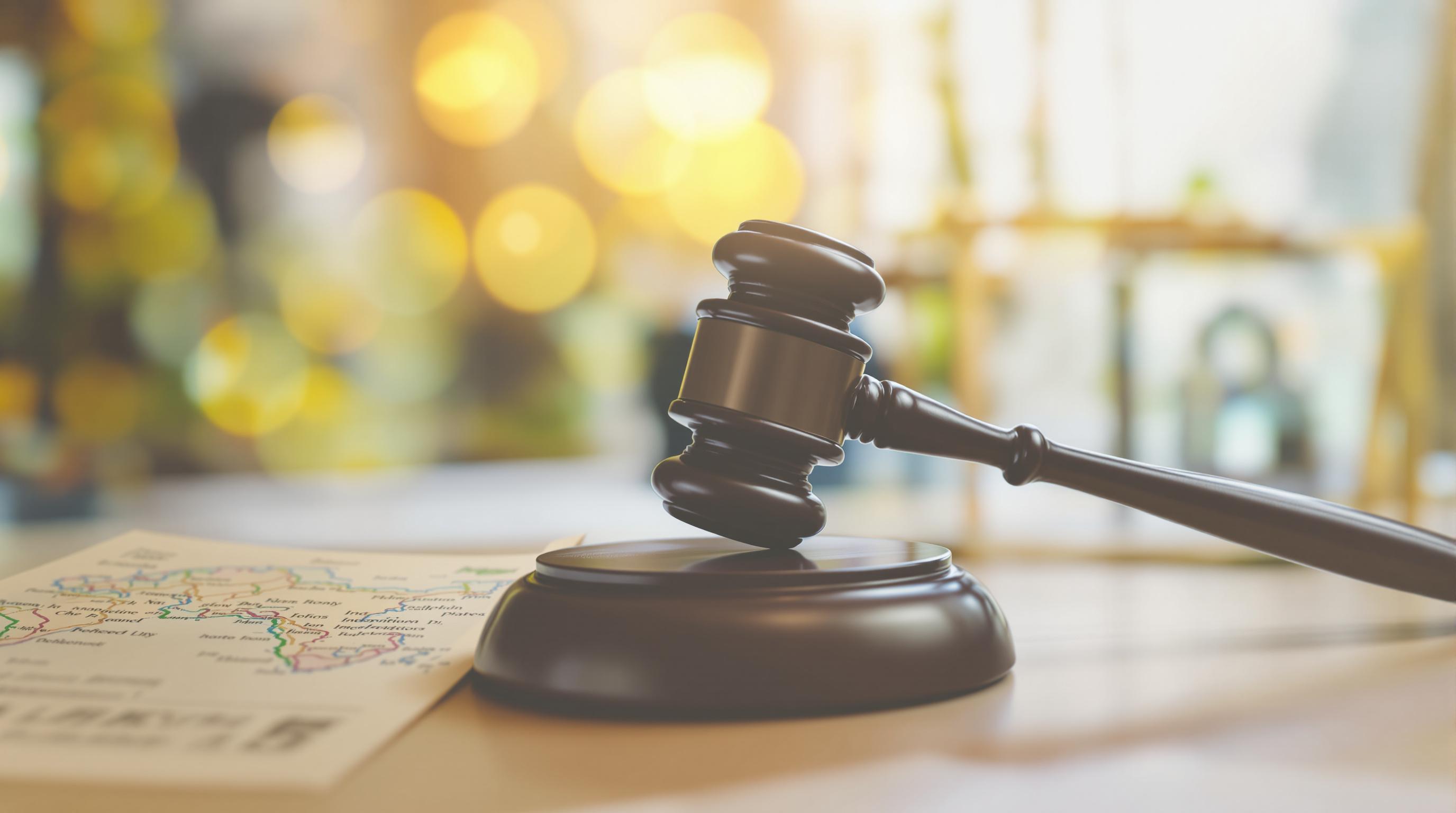Related Articles
- 7 Game-Changing Encrypted Messaging Apps Released Since 2019 That Redefine User Control
- Exploring Quantum Entanglement as a Future Layer of Protection for Connected Devices in Decentralized Networks
- Top 7 Privacy-Focused Cloud Backup Services Released Since 2019 That Redefine Data Control
- Exploring Psychological Barriers That Prevent Wider Adaptation of Dual Verification in Everyday Tech Use
- Top 6 Privacy-Focused Browsers from the Last Five Years That Outpace Giants in Speed and Security
- 6 Lesser-Known Identity Protection Gadgets From the Last Five Years That Actually Outperform Popular Brands
When Privacy Laws Collide with Cultural Norms: Unveiling Conflicts in Indigenous Data Sovereignty Practices
When Privacy Laws Collide with Cultural Norms: Unveiling Conflicts in Indigenous Data Sovereignty Practices
When privacy laws intersect with Indigenous data sovereignty, cultural values and legal frameworks often clash, creating a complex landscape for data governance. This article explores these conflicts, illustrating the tensions with real-world cases, varying global perspectives, and insights on finding respectful solutions to honor Indigenous knowledge systems.
The Unique Challenge of Indigenous Data Sovereignty
Imagine having your personal stories shared without your consent—now multiply that scenario by entire communities whose traditions and histories are encoded in data. Indigenous data sovereignty asserts the right of Indigenous peoples to control the collection, ownership, and application of data about their communities and lands. Unlike many Western privacy laws focused on individuals, Indigenous perspectives prioritize collective rights, intertwining data control with cultural survival and self-determination.
A Case in Point: The Havasupai Tribe vs. Arizona State University
In a landmark case, members of the Havasupai Tribe sued Arizona State University in 2010 after their biological samples, originally collected for diabetes research, were used for studies on schizophrenia and inbreeding without their consent. This breach spotlighted the limits of conventional privacy frameworks, which failed to protect the tribe's collective interests or cultural context, raising awareness about ethical research practices involving Indigenous data.
Statistics Tell a Story
According to the Global Indigenous Data Alliance (GIDA), over 70% of Indigenous communities worldwide have expressed mistrust toward external data collection due to previous misuse. This distrust fosters data gaps that can lead to misrepresentation and exclusion from policymaking—a dangerous cycle that conventional privacy laws often overlook.
Privacy Laws: A Double-Edged Sword?
On one hand, privacy regulations like the General Data Protection Regulation (GDPR) in Europe provide individuals with control over personal data. On the other, these laws rarely accommodate the cultural protocols and collective rights fundamental to Indigenous groups. For example, GDPR’s emphasis on individual consent clashes with some Indigenous customs where consent is communal and tied to leadership hierarchies.
A Personal Reflection: Stories from an Indigenous Advocate
As a 45-year-old member of the Anishinaabe nation working in digital rights, I’ve witnessed firsthand how legal systems often misinterpret or simplify Indigenous customs. It’s frustrating when knowledge meant to be shared respectfully across generations gets flattened into generic “data points” controlled by outsiders. Advocates like me push for frameworks that respect both legal and cultural dimensions, but progress is slow.
Indigenous-Led Initiatives: Toward Data Governance Models Rooted in Traditions
Efforts such as the First Nations Information Governance Centre (FNIGC) in Canada exemplify pathways to resist data misuse. Their Ownership, Control, Access, and Possession (OCAP®) principles provide a blueprint ensuring that Indigenous data is managed in ways consistent with community values. OCAP® has inspired other Indigenous groups worldwide to reclaim authority over their data beyond the confines of state-imposed privacy laws.
Legal Reforms and the Way Forward
Policymakers and legal scholars increasingly advocate for reforms that recognize Indigenous data sovereignty. For instance, New Zealand’s Te Mana Raraunga network lobbies to embed Maori data rights into national law, combining Western legal systems with Maori tikanga (customary law). This fusion aims to create more inclusive governance structures, signaling a hopeful trend emerging globally.
When Humor Bridges the Gap
Here’s a quirky thought: what if we applied Indigenous data principles to celebrity gossip? Imagine the Kardashians demanding communal consent before their hairstyles became data points! While amusing, this highlights how data isn’t neutral—context matters, and respecting ownership and cultural significance isn’t merely academic.
Mapping Tensions: Privacy Law vs. Indigenous Values
Consider confidentiality—a pillar of privacy laws—but in some Indigenous contexts, certain knowledge must be shared with specific members or groups for cultural continuity. Restricting access can be as harmful as unrestricted access. This paradox underscores why legal systems must evolve instead of imposing blunt instruments onto nuanced sociocultural realities.
Global Perspectives: Diverse Indigenous Experiences
From the Sami in Scandinavia to the Aboriginal peoples of Australia, Indigenous communities have distinct cultural values that shape their data sovereignty needs. For example, in Australia, the Native Title Act recognizes land rights but lacks comprehensive data protections aligned with Indigenous views on knowledge sharing. Such gaps result in both overexposure and invisibility of Indigenous data in environmental and health databases.
Statistics and Realities
Research from 2019 reveals that Indigenous peoples represent approximately 5% of the world’s population but manage less than 1% of the global land data about their territories. This stark imbalance contributes to data colonialism—the concept where external entities extract and exploit Indigenous data without fair compensation or recognition.
Concrete Examples from Environmental Data Management
Many Indigenous groups hold valuable ecological knowledge—sometimes called Traditional Ecological Knowledge (TEK). Without proper data sovereignty, this information risks being co-opted by corporations or governments. The example of logging companies using satellite imagery without Indigenous consent perfectly illustrates how current privacy policies can sideline Indigenous data rights.
Conversational Closing: What Can You Do?
Hey, you might be wondering, "This seems complex—what’s my role?" First, recognize that Indigenous data sovereignty is about respect and empowerment. Next time you hear about data privacy, think collective as well as individual rights. Support Indigenous-led data initiatives by amplifying their voices and pushing for legal reforms. It’s not just policy noise—it’s about preserving cultures and futures.
Conclusion: Toward Harmonization
The clash between Western privacy laws and Indigenous cultural norms surrounding data sovereignty reveals broader issues of power, respect, and self-governance. Inclusive frameworks need to move beyond rigid legalism to embrace plurality, honoring Indigenous governance practices. If society successfully unites these perspectives, the result will reshape how data serves all humanity, not just a privileged few.
Sources:
- Global Indigenous Data Alliance (GIDA) Reports, 2022
- First Nations Information Governance Centre, OCAP® Principles Documentation
- New Zealand’s Te Mana Raraunga Network Publications
- Havasupai Tribe v. Arizona State University, Legal Case Files 2010
- United Nations Declaration on the Rights of Indigenous Peoples (UNDRIP), 2007




